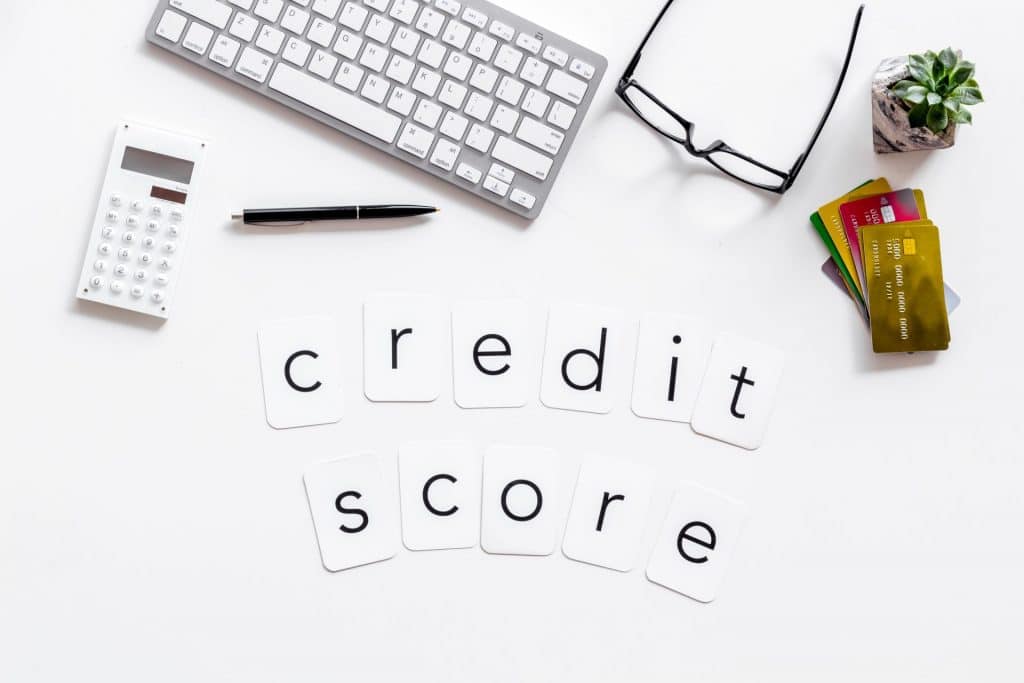A credit profile (or credit score) is what lenders use to see if you’re a risk or not, and to check you can manage your responsibility in terms of paying your debts. Everyone has a credit profile. It’s created from a pool of information that you add to, over the years, by paying for things regularly from a bank account.
If you’ve been paying on time, then you’ll have built up a good credit score (sometimes called a rating), on your credit profile. If you’ve not paid on time – for almost any reason – then that score can go down. This is important, because credit providers (banks, credit-card providers, building societies, and even some shops), prefer lending money to people with good credit profiles.
If you have a poor credit score, or profile, then it can be much harder to secure credit from a lender. You may even be penalised by only having access to higher interest rates. But if you have a good credit score, then you can get access to the better interest rates and deals on credit cards, loans, credit agreements and mortgages.
A building society or bank will use one of three main credit referencing agencies (CRAs) in the UK – Experian, Equifax, and Noddle (Credit Karma) – to find out what your credit profile looks like. You can also find out what your current credit score is quite easily from those agencies, and it’s a good idea to check it from time to time because mistakes can and do happen. You could also use Clearscore, which is another free service. (If you do spot a mistake, get in touch with the credit agency and explain why the detail is wrong and ask for a correction.) It’s important to know that the information doesn’t stay on your report forever — a missed credit card payment will usually be wiped off after three years, for example.

You can ask for a copy of your profile from all three CRAs. Each one offers different levels of detail, at different prices, but you also have the right to get a full statutory credit report from any one of them at a maximum of £2 per report.
The credit scores themselves are calculated by taking several factors into account such as late payments, minimum payments, bankruptcy proceedings, CCJs (County Court Judgements), little or no financial history, and how often you’ve been applying for credit.
You can improve your credit score in a number of ways.
- Make sure you’re on the electoral roll
- Stay on top of your report information – check it annually
- Close down old bank accounts and credit cards
- Cut any financial ties to previous partners
- Most importantly, you need to show that you’re responsible with your debts, by making regular payments on time.
… and if you have a poor credit rating? Well, don’t panic. Life comes at you in different ways, we know that. We understand that it may not have been easy to stay on top of payments all of the time, and – while we’re not holistic financial advisers – we can talk to you about the information you’ve found in your credit profile, how that might impact a mortgage application and most importantly how we can help.
